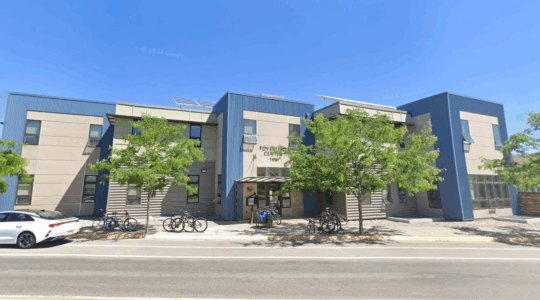A new synagogue was dedicated in a German town nearly 70 years after Nazis destroyed its former one.
The applause for the growth of Germany’s Jewish community was tempered, however, by warnings about new forms of anti-Semitism in Europe.
The $10 million synagogue in the center of Bochum, located in the Ruhr Valley, was financed by the Jewish community, the state of North-Rhine Westphalia and the German gvernment.
Among the guests at the recent dedication ceremony for the cube-shaped building were the president of the Bundestag, Norbert Lammert; the president of the Central Council of Jews in Germany, Charlotte Knobloch; and state governor Jürgen Rüttgers.
Rüttgers warned against complacency in the face of “anti-Semitism in new garb.” He said Germany must not allow “adherents of totalitarian, inhumane ideologies to destroy” Germany’s cosmopolitan, multicultural identity.
Members of the Jewish community brought Torah scrolls from the location of the former synagogue to the new building. The original synagogue, destroyed during Kristallnacht on Nov. 9, 1938, was not rebuilt.
According to the Tagesschau online news site, Bochum’s Jewish community now has 1,200 members, as many as it had before the Nazi period.
JTA has documented Jewish history in real-time for over a century. Keep our journalism strong by joining us in supporting independent, award-winning reporting.





